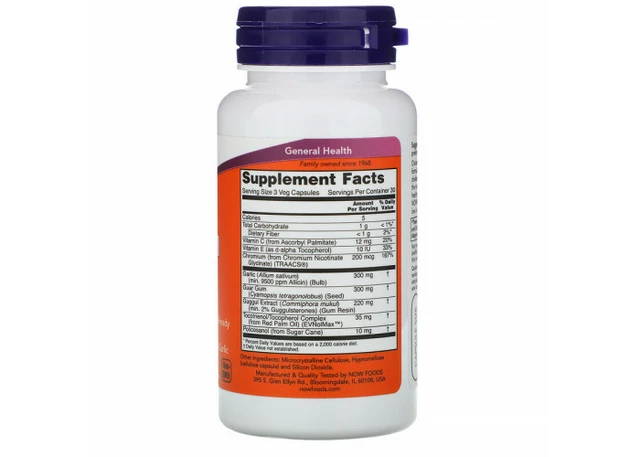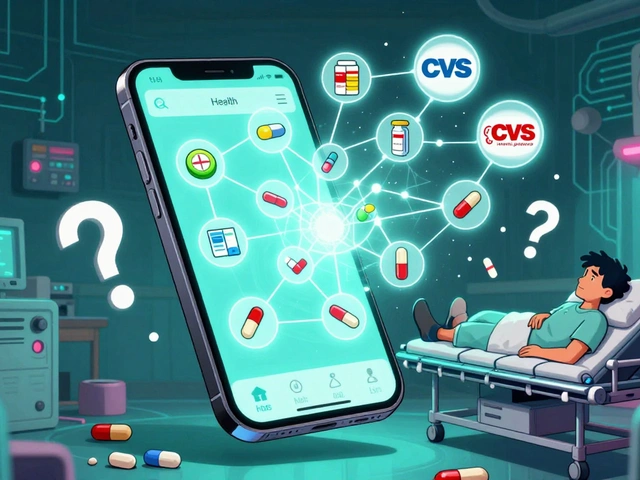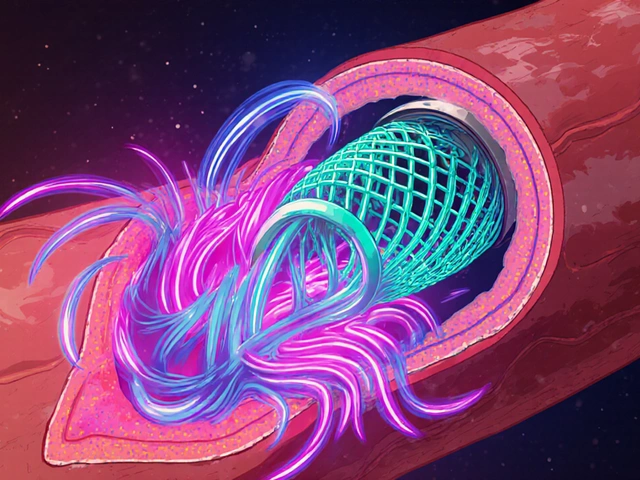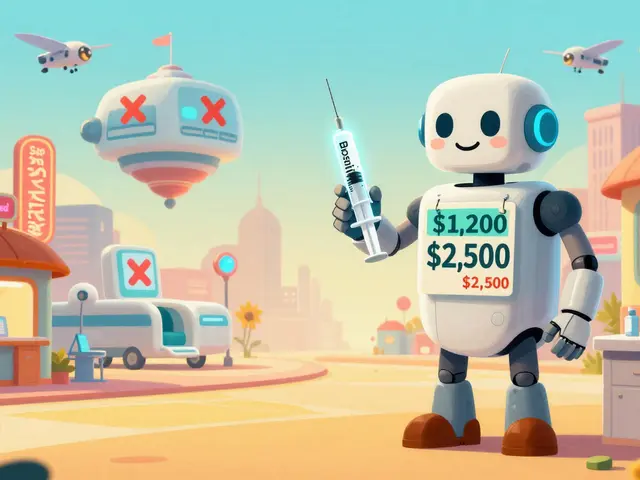Anemia: What It Is and How to Deal With It
Feeling unusually tired, short of breath, or noticing a pale complexion? Those are classic signs that your blood might not be carrying enough oxygen – a condition doctors call anemia. In simple terms, anemia happens when you have fewer red blood cells or less hemoglobin than normal. Hemoglobin is the protein that grabs oxygen from your lungs and delivers it to every cell. When it’s low, your body can’t run at full speed, and you start to feel the drag.
Common Types of Anemia
There isn’t just one kind of anemia. The most frequent one is iron‑deficiency anemia. It occurs when you don’t get enough iron from food or lose iron through heavy periods, surgery, or chronic bleeding. Another common type is vitamin B12 deficiency, often linked to strict vegetarian diets or problems absorbing the vitamin in the gut. Aplastic anemia is rarer and happens when the bone marrow stops making enough new blood cells. Lastly, hemolytic anemia is when red blood cells break down faster than they’re produced, sometimes due to autoimmune issues or inherited conditions.
Managing Anemia Naturally
If you’ve been diagnosed with iron‑deficiency anemia, boosting iron intake is the first step. Foods rich in heme iron—like lean beef, chicken, and fish—are the most absorbable. Plant‑based sources such as lentils, spinach, and fortified cereals work too, especially when you pair them with vitamin C (think orange juice or bell peppers) to improve absorption. For B12‑related anemia, add more animal products or consider a fortified supplement if you’re vegan.
Beyond diet, a few lifestyle tweaks can help. Avoid drinking tea or coffee right after meals; the tannins can block iron uptake. If you’re on a medication that interferes with iron, talk to your doctor about timing or alternatives. Regular exercise, even light walking, encourages the body to produce more red blood cells, but don’t overdo it if you’re feeling weak.
When diet alone isn’t enough, doctors may prescribe iron tablets, B12 injections, or other supplements. It’s crucial to follow the dosage instructions—taking too much iron can cause stomach upset or more serious issues. Always let your healthcare provider know about any other meds you’re using, as some can interact with anemia treatments.
Keep an eye on your symptoms. If fatigue persists, you notice rapid heartbeats, dizziness, or chest pain, seek medical attention promptly. Those could signal a more serious underlying cause that needs targeted therapy.
At RXMedicin, we’ve covered a range of related medicines and health topics—from antibiotics like Minocin to supplements such as Cajeput Oil. While those articles aren’t about anemia directly, they illustrate how a clear, practical guide can help you navigate health decisions. Use our site to explore drug safety, dosage tips, and alternative treatments for many conditions.
Bottom line: anemia is manageable once you know what type you have and how to address it. Eat iron‑rich foods, pair them with vitamin C, consider supplements when needed, and stay in touch with your doctor. With the right approach, you’ll get your energy back and feel like yourself again.
 23 September 2025
23 September 2025
Anemia and Aging: How Nutrient Gaps Speed Up the Aging Process
Explore how iron, B12, and folate deficiencies cause anemia in seniors, accelerate frailty, and impact cognitive health, plus practical nutrition tips.
Latest Posts
-

Policosanol: The Dietary Supplement That's Making Waves in Cardiovascular Health
-

Personal Health Records: How to Manage Medications Across Pharmacies
-

How High Blood Pressure Increases Risk of Blood Clots in Stents
-

How to Reduce Costs for Specialty Medications and Injectables
-

Socialization in Infancy: Why It Matters and How to Build Early Relationships

15